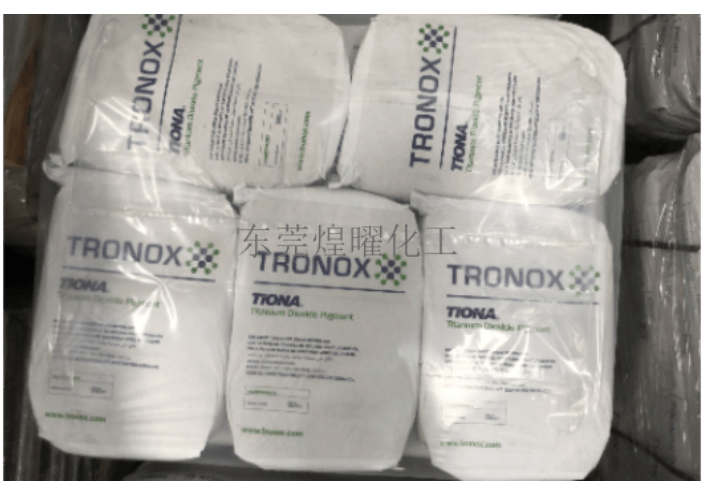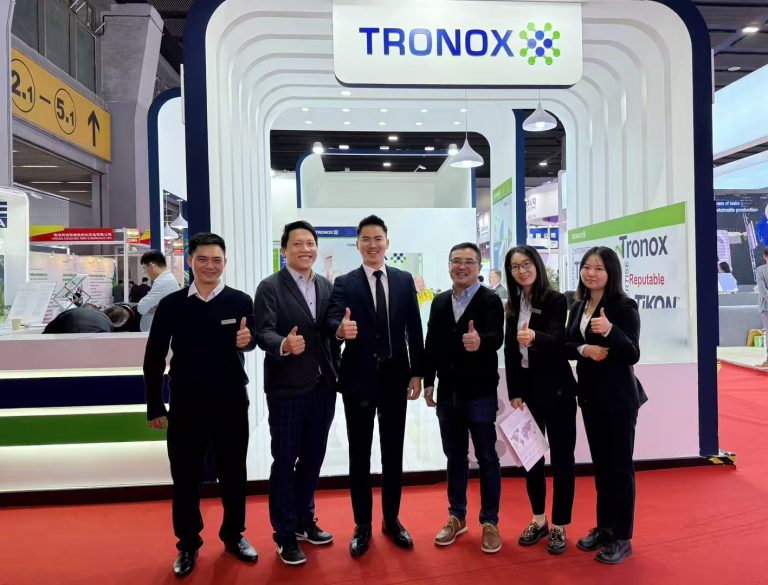Key Considerations for Distributors of TRONOX Titanium Dioxide
Becoming a Tronox Titanium Dioxide Distributor: Key Considerations
As a vital chemical raw material, Tronox titanium dioxide has a wide range of applications across numerous industries. With its high quality and stable performance, the market demand for Tronox TiO₂ has remained consistently strong. As a result, becoming a Tronox distributor presents an attractive business opportunity. However, there are several important factors that prospective agents must pay close attention to.
1. Understand the Product Thoroughly
A deep understanding of Tronox titanium dioxide’s unique physical and chemical properties is essential. Distributors should be well-versed in these attributes in order to effectively promote the product and provide accurate technical support to clients. In addition, agents must familiarize themselves with the product’s applications and usage methods so they can deliver professional, solution-based services tailored to customer needs.
2. Market Positioning and Research
Clear market positioning and thorough market research are equally crucial. Distributors need to define their target markets and conduct research to understand customer preferences and demands. This enables them to develop more precise marketing strategies, improve product penetration, and ultimately increase market share.

3. Build a Stable Supply Chain
Establishing a reliable supply chain is another critical factor. Distributors should maintain a strong partnership with the Tronox titanium dioxide manufacturer to ensure consistent product availability. At the same time, attention must be paid to logistics and delivery efficiency, ensuring that products reach customers safely and on time.
4. Focus on Brand Building and Market Reputation
Brand building and reputation management are essential for long-term success. Distributors must actively promote and enhance Tronox TiO₂’s visibility and credibility in the market. By delivering high-quality products and excellent service, distributors can establish a strong and trustworthy brand image, attracting more clients and gaining a competitive edge.
5. Stay Informed on Policies and Industry Trends
Staying up-to-date with regulatory policies and industry developments is crucial. Distributors must ensure that all business operations are legally compliant, while closely following market trends and policy changes to adjust strategies in a timely manner and seize new opportunities.
6. Customer Service and After-Sales Support
Providing outstanding customer service is key to building long-term client relationships. Distributors should implement a comprehensive customer service system, covering pre-sale, in-sale, and after-sale support. With timely and professional service, distributors can earn customer trust and loyalty, driving sustainable business growth.









